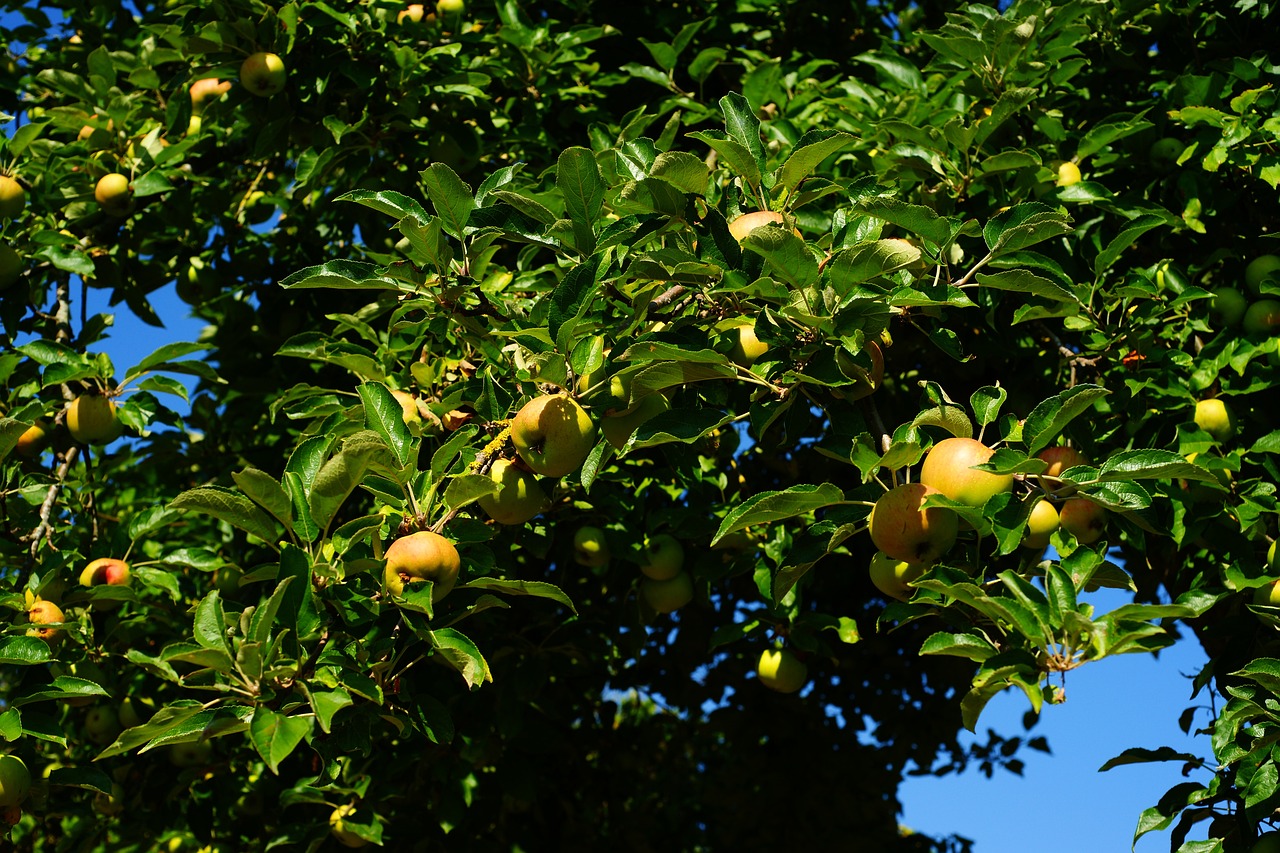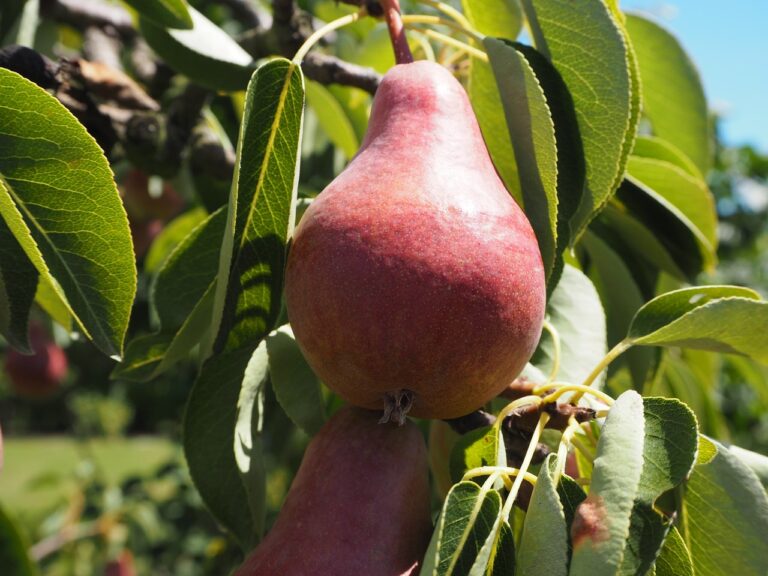The Impact of Food Waste Reduction Initiatives on Climate Change: Sky247, Gold365 login, Gold 365 site sign up
sky247, gold365 login, gold 365 site sign up: Food waste is a significant global issue that not only impacts our economy and environment but also plays a crucial role in climate change. According to the Food and Agriculture Organization of the United Nations, approximately one-third of all food produced for human consumption is wasted every year. This equates to about 1.3 billion tons of food that could feed millions of people and prevent harmful greenhouse gas emissions.
Fortunately, there has been a growing awareness of the impact of food waste on climate change, leading to various initiatives aimed at reducing food waste in both the consumer and industrial sectors. These initiatives have the potential to make a significant difference in mitigating climate change and promoting a more sustainable food system.
Let’s take a closer look at the impact of food waste reduction initiatives on climate change and how they are making a difference in the fight against global warming.
The Link Between Food Waste and Climate Change
Food production is a resource-intensive process that requires water, land, energy, and labor. When food is wasted, all of these resources are also wasted, contributing to unnecessary carbon emissions. In addition, when food waste ends up in landfills, it decomposes and releases methane, a potent greenhouse gas that is significantly more harmful than carbon dioxide in terms of its impact on the climate.
Food waste is responsible for approximately 8% of global greenhouse gas emissions, making it a significant contributor to climate change. By reducing food waste, we can not only save resources but also drastically reduce our carbon footprint and help mitigate the effects of climate change.
Food Waste Reduction Initiatives
Thankfully, there has been a growing movement towards reducing food waste at all levels of the supply chain. From farmers and manufacturers to retailers and consumers, there are numerous initiatives and strategies in place to minimize food waste and promote a more sustainable food system.
Some of the most effective food waste reduction initiatives include:
1. Food Rescue Programs: Organizations like food banks and food rescue agencies collect surplus food from farms, restaurants, and grocery stores and distribute it to those in need. By diverting excess food from landfills, these programs not only reduce food waste but also help feed hungry individuals and families.
2. Food Waste Prevention Technologies: There are various technologies available that can help businesses track and monitor their food waste, identify areas of inefficiency, and implement strategies to prevent waste. These technologies range from inventory management systems to food waste tracking apps.
3. Consumer Education Campaigns: Educating consumers about the impact of food waste and providing them with tips on how to reduce waste in their own homes can have a significant impact on overall food waste levels. By making simple changes in shopping, storage, and meal planning habits, consumers can minimize their contribution to food waste.
4. Food Waste Recycling Programs: Instead of sending food waste to landfills where it can generate methane, some communities have implemented food waste recycling programs that turn organic waste into compost or renewable energy. These programs not only reduce greenhouse gas emissions but also create valuable resources for agriculture and energy production.
The Impact on Climate Change
By implementing these food waste reduction initiatives, we can significantly reduce the environmental impact of food waste on climate change. When food is wasted at any stage of the supply chain, all of the resources that went into producing that food are also wasted, including water, energy, and land. By preventing food waste, we can conserve these valuable resources and reduce the carbon footprint of food production.
Additionally, reducing food waste means less food ends up in landfills, where it would decompose and generate methane gas. Methane is 28 times more potent than carbon dioxide in its ability to trap heat in the atmosphere, making it a major contributor to global warming. By diverting food waste from landfills, we can significantly reduce the amount of methane released into the atmosphere and help slow the pace of climate change.
Overall, the impact of food waste reduction initiatives on climate change cannot be understated. By preventing food waste, we can save resources, reduce greenhouse gas emissions, and create a more sustainable food system that benefits both people and the planet.
FAQs
1. How does food waste contribute to climate change?
Food waste contributes to climate change by wasting valuable resources such as water, energy, and land that are used in food production. When food ends up in landfills, it decomposes and releases methane, a potent greenhouse gas that contributes to global warming.
2. How can individuals reduce food waste at home?
Individuals can reduce food waste at home by planning meals, buying only what they need, storing food properly, and using leftovers creatively. By making small changes in shopping and cooking habits, individuals can help reduce their contribution to food waste and climate change.
3. What are some food waste reduction initiatives in place?
Food waste reduction initiatives include food rescue programs, food waste prevention technologies, consumer education campaigns, and food waste recycling programs. These initiatives aim to minimize food waste at all levels of the supply chain and promote a more sustainable food system.
4. How does reducing food waste help the environment?
Reducing food waste helps the environment by conserving resources, reducing greenhouse gas emissions, and minimizing the impact of food waste on landfills. By preventing food waste, we can create a more sustainable food system that benefits both people and the planet.







